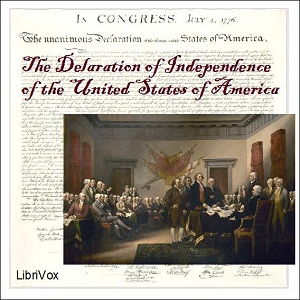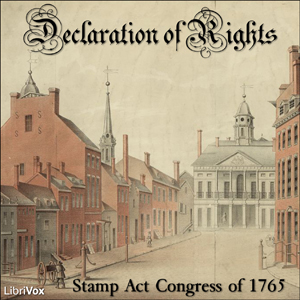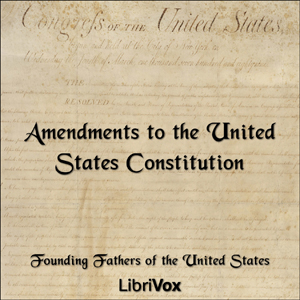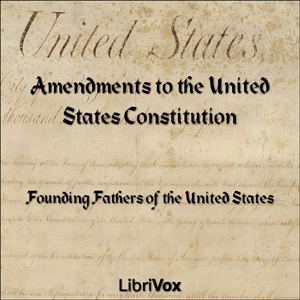- 01 - Preface
- 02 - Chapter 1
- 03 - Chapter 2
- 04 - Chapter 3
- 05 - Chapter 4
- 06 - Chapter 5
- 07 - Chapters 6 & 7
- 08 - Chapter 8
- 09 - Chapter 9
- 10 - Chapter 10
- 11 - Chapter 11
- 12 - Chapter 12
- 13 - Chapter 13
- 14 - Chapter 14
- 15 - Chapters 15 & 16
- 16 - Chapter 17
- 17 - Chapters 18 & 19
- 18 - Chapter 20
- 19 - Chapter 21
- 20 - Chapter 22
- 21 - Chapter 23
- 22 - Chapter 24
- 23 - Chapter 25
- 24 - Chapters 26 & 27
- 25 - Chapter 28
- 26 - Chapter 29
- 27 - Chapter 30
- 28 - Chapter 31
- 29 - Chapter 32
After the American Civil War, John R. Lynch, who had been a slave in Mississippi, began his political career in 1869 by first becoming Justice of the Peace, and then Mississippi State Representative. He was only 26 when he was elected to the US Congress in 1873. There, he continued to be an activist, introducing many bills and arguing on their behalf. Perhaps his greatest effort was in the long debate supporting the Civil Rights Act of 1875 to ban discrimination in public accommodations.
In 1884 Lynch was the first African American nominated after a moving speech by Theodore Roosevelt to the position of Temporary Chairman of the Republican National Convention in Chicago, Illinois. During the Spanish-American War of 1898, he was appointed Treasury Auditor and then Paymaster under the Republicans. In 1901, he began serving with the Regular Army with tours of duty in the United States, Cuba, and the Philippines.
Lynch retired from the Army in 1911, then married Cora Williams. They moved to Chicago, where he practiced law. He also became involved in real estate. After his death in Chicago 1939 at the age of 92, he was buried with military honors in Arlington National Cemetery. He was entitled to this as a Congressman and veteran.
After the turn of the century, Lynch wrote a book, The Facts of Reconstruction, and several articles criticizing the then-dominant Dunning School historiography. Dunning and followers had emphasized the views of former slave owners and routinely downplayed any positive contributions of African Americans during Reconstruction, as well as suggesting they could not manage any political power. Lynch argued that blacks had made substantial contributions during the period. Since he participated directly in Reconstruction-era governments, Lynch's book is considered a primary source in study of the period. (Introduction by Guero and Wikipedia.)
In 1884 Lynch was the first African American nominated after a moving speech by Theodore Roosevelt to the position of Temporary Chairman of the Republican National Convention in Chicago, Illinois. During the Spanish-American War of 1898, he was appointed Treasury Auditor and then Paymaster under the Republicans. In 1901, he began serving with the Regular Army with tours of duty in the United States, Cuba, and the Philippines.
Lynch retired from the Army in 1911, then married Cora Williams. They moved to Chicago, where he practiced law. He also became involved in real estate. After his death in Chicago 1939 at the age of 92, he was buried with military honors in Arlington National Cemetery. He was entitled to this as a Congressman and veteran.
After the turn of the century, Lynch wrote a book, The Facts of Reconstruction, and several articles criticizing the then-dominant Dunning School historiography. Dunning and followers had emphasized the views of former slave owners and routinely downplayed any positive contributions of African Americans during Reconstruction, as well as suggesting they could not manage any political power. Lynch argued that blacks had made substantial contributions during the period. Since he participated directly in Reconstruction-era governments, Lynch's book is considered a primary source in study of the period. (Introduction by Guero and Wikipedia.)
There are no reviews for this eBook.
There are no comments for this eBook.
You must log in to post a comment.
Log in











